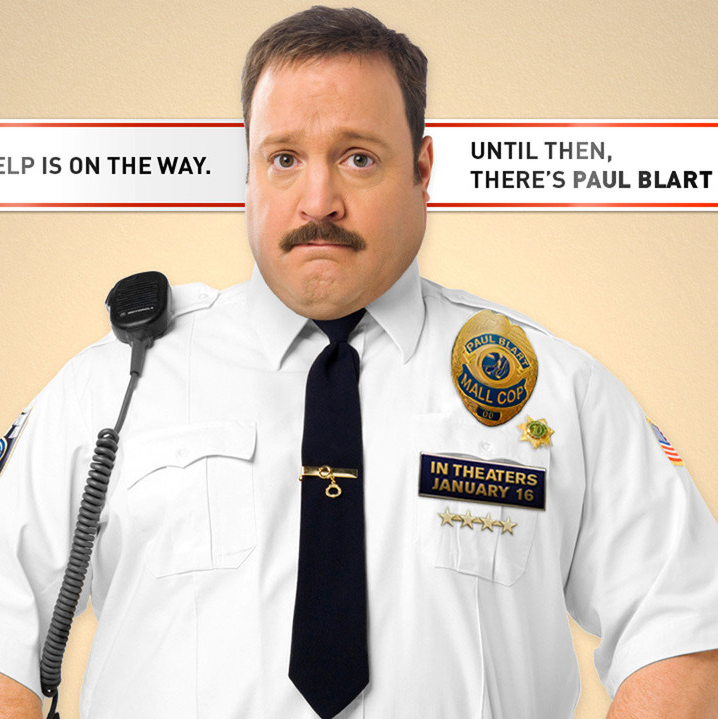I'm a licensed Aircraft Mechanic & Inspector with twenty five-plus years in the field. I've had a varied career so far, with time spent in the sheetmetal, mechanic, and inspection specialties. Most of my time is on heavy Boeing and McDonnell Douglas aircraft, of the passenger, cargo, and experimental type. This career isn't for everyone, but I enjoy it.
Please do NOT ask me to troubleshoot problems with your airplane, that is not what this Q&A is for.
The best made/most sturdy award goes, hands down, to the Douglas DC-8 series aircraft. I have never worked on a more overbuilt, Mack Truck of an airplane.
No, you don't have to get your own Security Clearance. Whichever company you work for will handle getting it for you if it is required.
Depending on where you work, you might not need one. But I know all the major airports require background checks to get ramp badges and such.
And, of course, working on government aircraft will likely require some sort of clearance, and an extensive background check.
It will be a big help in this industry, if you can pass a clearance background check for sure.
It probably depends a lot on how I feel about my job at the time. I am human after all.
But generally; I would cover the basics with them. Explaining how it helps to have good mechanical skills to start with. As those who lack mechanical ability, but have the book smarts are quickly found out once on the job. Those folks end up in planning, if they are lucky. It's a hard road to go down, if you remain on the floor without that basic ability.
I'd tell them not to expect to get rich doing this job.
I'd tell them that it is often very hard on relationships (wives/husbands, girlfriends/boyfriends). As this profession is notorious for sometimes long and unpredictable hours and travel.
I'd tell them to get ready to invest in a personal tool collection. But to be smart about it. The big name brand tool boxes are just 'bling'. And you pay dearly for it. A solid Craftsman, Stanley Vidmar, or similar box; will serve you long and well. For a lot less money. It's just a box! And to not be a tool snob. Get the tools that will do the job best, for the least amount of money. Don't just walk onto the Mac/Snap-On/etc tool truck and open a line of credit.
I started with a basic Craftsman tool set, and it worked fine.
I'd tell them to figure out where they'd like to be in ten years; and do what it takes to pay the dues to get there now. Once you get set up in a 'just for now' situation, it's hard to change tracks, and sometimes backtrack in your career, to get where you wished you were.
I'd tell them to go to an Aviation Maintenance school to get their license. Just go be a student for a couple years. Get a little loan debt if you have to. But get that license now, before you start. Otherwise it's a lot harder to get all the on the job training and such, plus studying, time to go take the tests; later on while you are working as a mechanic's helper full time.
I'd tell them to avoid company's that suck all the joy out of life. If you find yourself working at one of those places, leave as soon as possible. Don't stay until you want to quit aviation altogether.
Most of all, I'd ask them about their passion for airplanes and aerospace. Because if you don't have that, then all the training, tools, or good job position; won't make you love your career. It will just be another crappy job for them.
If you love airplanes, then this profession can be the best choice on earth.
I don't know really. But if I were to speculate, first I'd say that airplanes probably won't get much bigger. The A380 and B747 are pretty darn big, and pretty much push the limit of our existing infrastructure. I also don't know that I'd like to see that many people up in the air at the same time in one plane. I think we'll see faster airplanes, when the engineers get the sonic boom suppression issue licked. Once that happens, we'll start to see things like the Concorde in action again I hope. Fuel efficiency will improve, as a matter of course I think. That's one of the big selling points for the aircraft and engine manufacturers to talk about. We haven't hit the wall on the limits of the turbine engine yet I don't think. Pratt & Whitney with their new Geared Fan technology is just starting to go in a new direction commercially. I think it might be the next big thing for aircraft engines. To address new tech for an oil deprived future? I believe that companies like GE, Rolls Royce, and Pratt & Whitney (among others) are already working on that. It isn't out in the public eye yet though. I would theorize on an all electric ducted fan engine if it were me. Most of the current advanced turbofan's thrust is generated by the bypass air, that never even goes though the combustion core of an engine. Replacing the internal combustion turbine altogether is a natural next step. Battery and/or electrical generation technology is the biggest hurdle to this next step right now. I think air travel has an exciting future. There will be problems along the way, there always are. I hope I get to see what's in store.
Ice Sculptor
 What was the raciest sculpture you ever made?
What was the raciest sculpture you ever made?
Bracketologist
 Why have there been so many 15-2 upsets, but no 16-1's?
Why have there been so many 15-2 upsets, but no 16-1's?
Security / Bodyguard
 Have you ever had to disarm an attacker?
Have you ever had to disarm an attacker?
In general, the larger the place you work, the more specialized the people and teams tend to get. Avionics people doing the electronic stuff, sheetmetal doing all the sheetmetal work, mechanics doing all the mechanical stuff, etc. If you work for a smaller place, or are out on your own at a remote outstation, or as a ride on mechanic; it is possible that you would have to do whatever task pops up. As an AOG/Ride on mechanic in the past, I’ve had to do a tire change, troubleshoot a fuel quantity problem, and perform a small sheetmetal repair; all in the same day, same plane, by myself. This would tend to be more common on smaller aircraft as well, as they tend to be privately owned, or operated by smaller organizations. Some mechanics do work only in specialties. Sometimes a mechanic will only have the Airframe portion of his/her A&P license, and they can only officially work on structures and associated systems. Same for someone with only a Powerplant license; they can only work on engines and their systems (typically defined as anything on the engine side of the firewall). There are also people who never work anything except Avionics, seats, painting and such. The typical person with an A&P (Airframe & Powerplant) license, is expected to be more of a ‘jack of all trades’ when it comes to aircraft. And mechanics that can actually perform as such, are valuable to have around.
In my experience, no, that is not true. I have seen many, and when I say 'many', I mean hundreds; of people get their license going the experience route.
Just do it right. Record every job that you do on an OJT form, and document all the time you spend working on the aircraft and related parts. Then, at the 18 month mark, if you have enough things documented, you can get your employer to write a nice letter telling the FAA all the time you've spent working for them, and basically what you did. This is just a corroboration for your stack of OJT forms. Then usually, the FAA guy will sign off on it. This will allow you to take either your Airframe & General tests; or the Powerplant test. Take the signed FAA form to the testing center, and they give you the written test. After you pass that; you make an appt with a Designated Maintenance Examiner for your Oral and Practical tests.
Then, after 18 more months on the job, working the other discipline that you didn't test for; you do the same thing for that.
36 months total to get your A&P (3 years).
That's really the only reason I typically recommend the school route, as that can be done in 2 years or less.
It is harder to pass your Orals and Practicals going the longer work experience route. But good Examiners will help you with your prep for it.
The writtens are fairly easy in my experience. There are books that detail all the questions in the test pool. And if you study those, you will do well.
I don't know that there is really a shortage of mechanics. Companies seem to be willing to hire non licensed mechanics to work alongside the A&P's without much worry.
I suppose there are 'shortages' in certain parts of the country. Just from my experience in job searching; there wasn't necessarily a job available within 300 miles of me. But, if I'm willing to travel or move, there seems to always be openings.
There is the ever looming "A&P shortage" that is always talked about, especially with the supposed retirement of our oldest working A&P's from the baby boom times happening. But I haven't really seen it in my sphere of experience.
-OR-
 Login with Facebook
Login with Facebook (max 20 characters - letters, numbers, and underscores only. Note that your username is private, and you have the option to choose an alias when asking questions or hosting a Q&A.)
(A valid e-mail address is required. Your e-mail will not be shared with anyone.)
(min 5 characters)
By checking this box, you acknowledge that you have read and agree to Jobstr.com’s Terms and Privacy Policy.
-OR-
 Register with Facebook
Register with Facebook(Don't worry: you'll be able to choose an alias when asking questions or hosting a Q&A.)